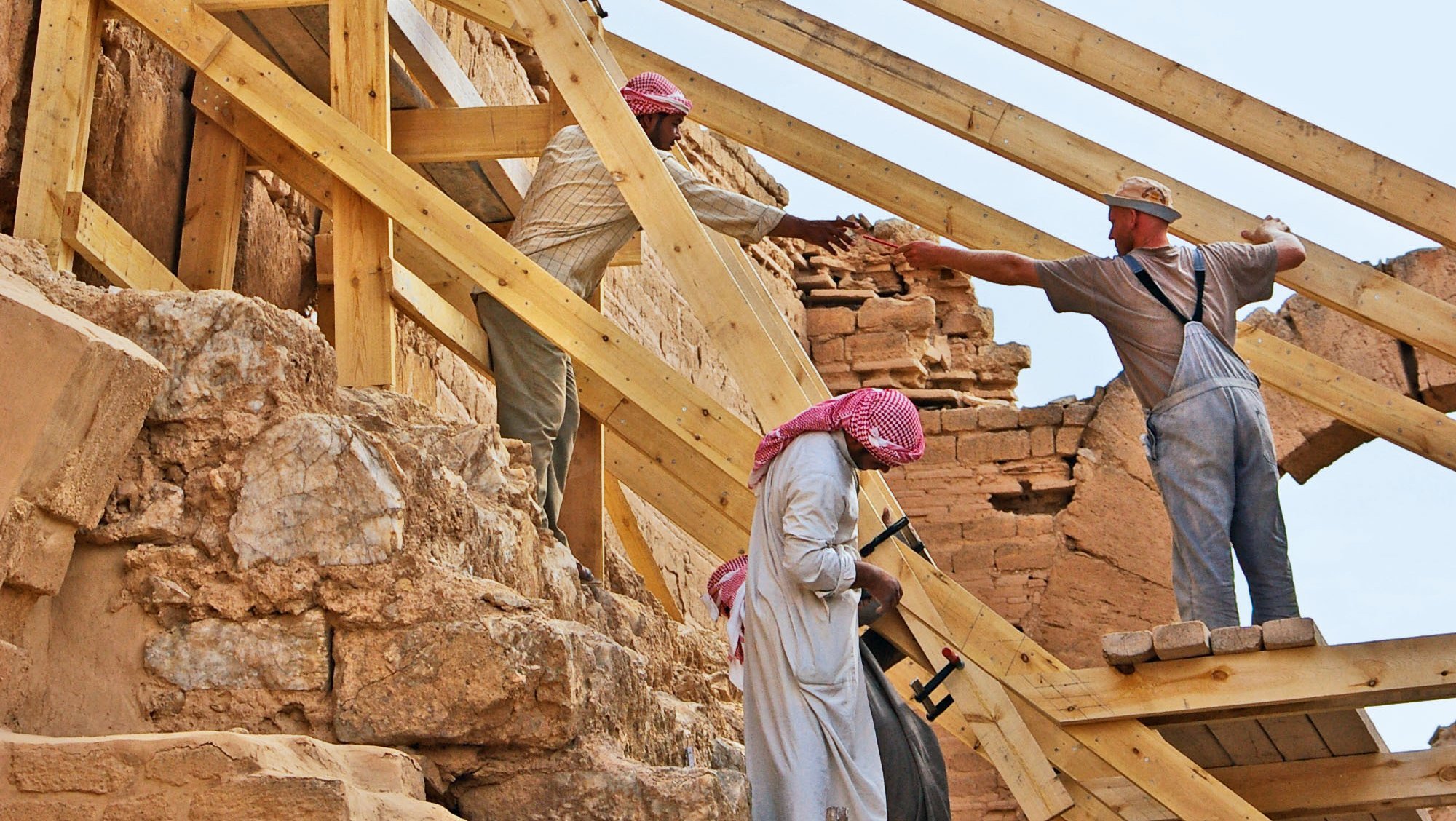Overview
The challenge
The destruction of cultural heritage has many causes. War, vandalism, illicit excavation and looting are just some of the types of devastation wrought by humans – not to mention damage to or the eradication of entire cultural landscapes as a result of infrastructure measures and mining activities. Environmental factors such as the wind, precipitation and flooding can also have a seriously detrimental effect on archaeological monuments over time. Pictures of the damage done to cultural sites in Syria, Iraq and Yemen are currently widespread in the media. These have opened people’s eyes to the vital necessity of creating a network of expertise for the preservation of cultural heritage.
The expertise
German universities and research institutes have amassed a wealth of expertise relating to archaeological cultural heritage preservation. This is imparted to students in over 100 different degree courses, including various archaeological research programmes as well as architecture, historic building research and heritage conservation. Methods of assessing damage to heritage sites are also taught, as are restoration and conservation techniques, along with site management, and curation and interpretation for visitors. Tourism is an important business in many countries with famous monuments and World Heritage sites.
This multidisciplinary approach, combining theory and practice, attracts students and guest researchers from around the world.
The graduates of these degree courses can choose from a wide range of careers. They are in demand as experts by numerous national and international scientific and cultural institutions, such as universities and museums. And in the private sector there are attractive jobs in specialist architectural firms and restoration firms, as well as careers in tourism.
Because education is governed at regional level in Germany, these courses and areas of expertise are all in the hands of the individual regions (Länder). Accordingly, there are not at present any structures or institutions at federal level for the conduct of international cultural heritage preservation projects. However, requests for German specialists to participate in international cooperation projects are being received considerably more frequently than before.
The Network
The Archaeological Heritage Network is a network of experts. It is not a new institution. The idea is rather to harness existing expertise and thereby to produce the necessary synergies. Multilateral projects are becoming ever more complex and require joint exertions, be it with regard to fundraising at international level or drawing greater attention to Germany’s involvement in this field.
Cultural preservation as a topic has been gaining importance daily, not least due to the current situation in the Middle Eastern crisis zones. The aim is not solely to preserve, protect and restore priceless monuments, but also to boost the economy by creating jobs, and thereby to contribute to stabilisation in the host and partner countries.
The discourse on national and cultural identities is increasing in complexity in a rapidly changing world. This has a knock‑on impact on decisions regarding the approaches that should be chosen and the priorities that should be set for the preservation of cultural heritage.
Germany’s history means that it has acquired special expertise in addressing these questions. This expertise is now in ever greater demand.
Numerous specialists from the relevant international networks believe that a strong German Archaeological Heritage Network will have a positive influence on the development of sound cultural preservation concepts – which would in turn have a positive impact on research, teaching and training in Germany. With this in mind, it is vital to drive forward the development of this expertise. Only by so doing can we safeguard the basis for the successful preservation of mankind’s cultural heritage abroad.
By combining innovative research, sustainable education and practical work with measures to boost economic potential and thereby foster stability in host and partner countries we will furthermore generate greater acceptance of our cultural relations and education policy in the long term.
The first project
The Archaeological Heritage Network agreed on a first joint project at its inaugural meeting in 2015. "Stunde Null" – A Future for the Time after the Crisis provides a platform to bring together Syrian specialists, students and future decision‑makers and gives them basic and further training in architecture, archaeology, heritage conservation, building research and urban planning, as well as craftsmanship, in Germany and countries in the region. The aim is to help them acquire the skills needed to plan their country’s future and forge it themselves.
Founding members of the Archaeological Heritage Network

